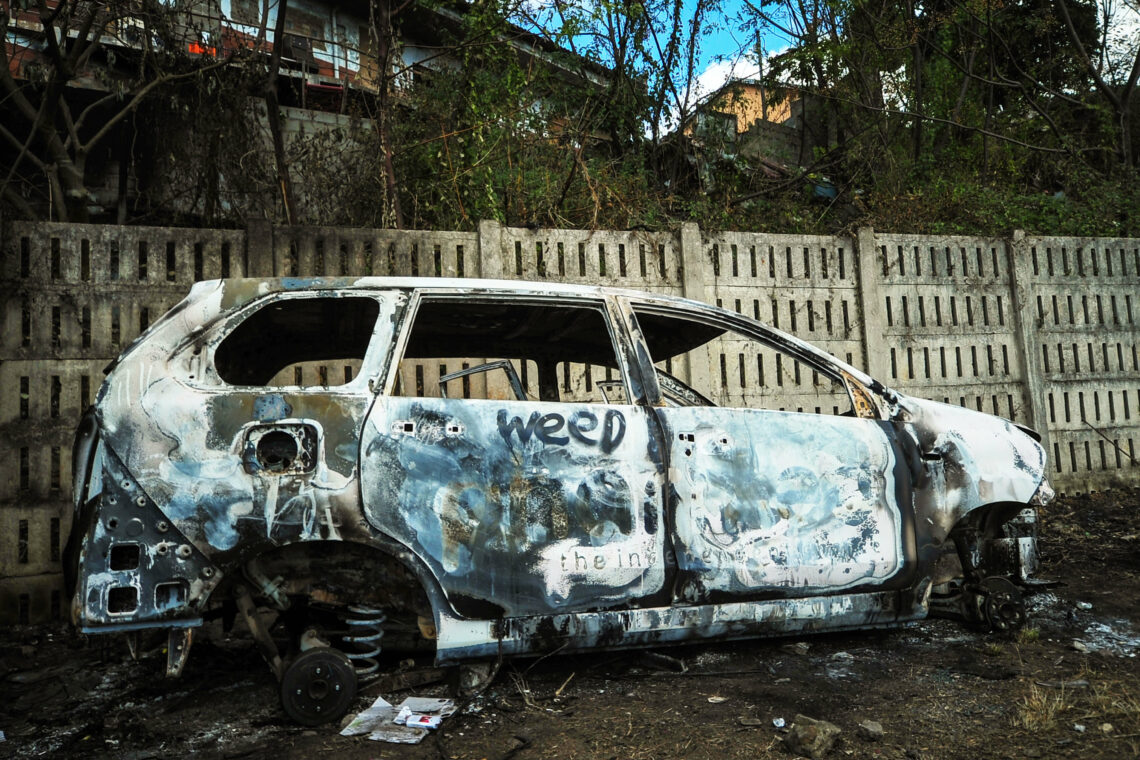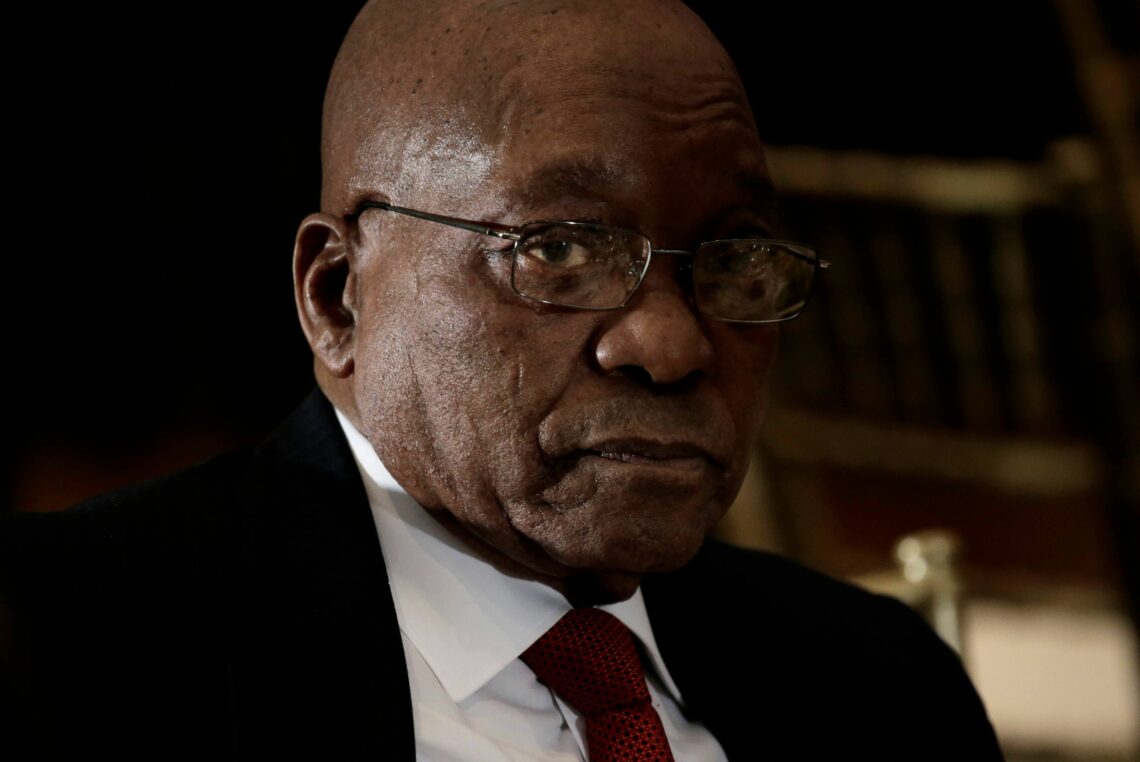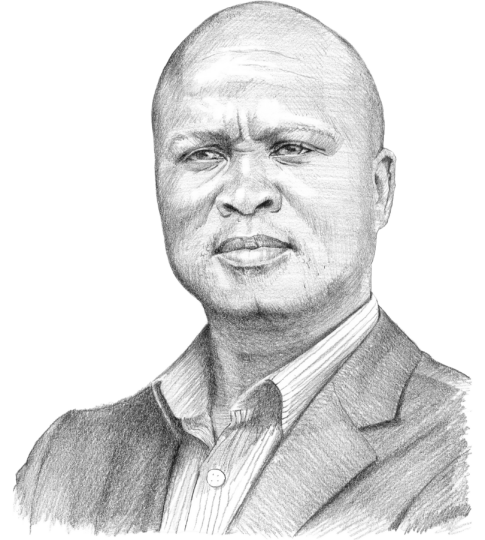The risks of failed democratic consolidation
The arrest of former President Jacob Zuma sparked violent protests across South Africa. The hardship faced by the country’s impoverished youth is such that unrest was unavoidable. Unless socioeconomic issues are addressed, the region will remain unstable.

In a nutshell
- Democracy is backsliding in Southern Africa
- Living standards are not improving
- Without systemic change, instability will resurface
One of the most crucial challenges facing the Southern Africa Development Community (SADC) is building stable political systems to ensure successful democratic consolidation. This is a practical concern with immediate implications for social and political stability in postliberation societies.
Most if not all countries in the region are still struggling to establish a political order capable of addressing the needs of their citizens. The parties that have dominated the political scene since independence have failed to gain legitimacy in the eyes of the population.
South Africa in turmoil
The recent outbreak of social unrest in South Africa – one of the few SADC countries considered relatively stable and open – shows the scale of the task ahead. The riots began after a political skirmish within the governing African National Congress (ANC) following former president Jacob Zuma’s arrest for defying a court order. Unemployed youths, dissatisfied with the economic situation, looted and destroyed businesses, severely disrupting daily life in the KwaZulu-Natal and Gauteng provinces.
The protests subjected the country to its most severe stress test since the inauguration of constitutional democracy in 1994. South African leadership did not fare well, and tremors were felt across the region. Many questioned Pretoria’s commitment to democracy and the rule of law, after long being touted as a beacon of hope in the region. Outside South Africa, political commentators grappled to comprehend the events. Political sympathy with the incarcerated former president, who had refused to give evidence at a corruption inquiry, triggered mass defiance of authority.
Inequalities resulting from historical factors remain a major stumbling block.
These events have cast a spotlight on the state of democracy in the region. In terms of socioeconomic conditions, postapartheid South Africa shares much with the rest of the SADC. Governments yet have to lift their struggling populations out of poverty. Structural inequalities resulting from historical factors remain a major stumbling block.
SADC citizens are waiting to see their living standards improve. If these expectations are not met, voters could come to believe that democracy cannot improve their fate. Many would then turn a blind eye to the dismantling of institutions like the independent judiciary.
Disillusioned populations
When democracies fail, citizens turn to other means of bargaining for returns from the system. This may entail embracing anarchy and unbridled populism, as the unrest in South Africa shows. In such instances, regaining control of the masses often requires authoritarian practices that further erode democracy. A vicious cycle emerges: democratic systems do not function well in historically divided and poor societies, hence they become more authoritarian to ensure stability. This pattern is clearly visible in the SADC. With political systems dominated by a single party, many governments tinker with democratic processes to contain crises resulting from unmet expectations.
In Zimbabwe, the political system has clearly not answered the needs of the people. Robert Mugabe’s 30 year-rule ended in economic disaster. The ruling Zanu-PF’s decision to implement a controversial land reform resulted in commercial farmers being dispossessed of their farms. The policy pushed Zimbabwe to the brink. The party resorted to dictatorial means to remain in power and repress an increasingly unsettled population. The same happened in Mozambique. Ruled by FRELIMO (the Liberation Front of Mozambique) since liberation in 1975, the country has become mired in widespread poverty, which in turn has become a seedbed for insurgency.

In Gaborone, the governing Botswana Democratic Party (BDP) faces allegations of corruption and is holding on to power through unjustifiable means, among them systematically eliminating political competition. Angola is another stark example of political elites looting public resources at the expense of the majority of the population, who suffer from abject poverty. Namibia’s democracy is in crisis, and living conditions have not improved since SWAPO (the South West Africa People’s Organization) came to power in 1990. Ethnic tensions are rising as the economic situation worsens.
South Africa is a step ahead when it comes to building a system capable of responding to citizens’ expectations. But the South African experiment with democracy – admirable as it is – has now come under question. Mr. Zuma’s standoff with the courts has shown the vulnerability of democratic institutions and the potential instability resulting from deep popular dissatisfaction.
It is not without irony that the mass looting was triggered by supporters of a politician who is accused of looting public resources.
And how could democracy be sustainable if the lives of people do not improve? How and why would impoverished countries defend democratic institutions when the political systems have failed to respond to the plight of citizens?
It is not without irony that the mass looting in South Africa was triggered by supporters of a politician who is accused of looting public resources during his presidency. What took place could have been averted if the political system had addressed the circumstances leading disaffected youths to turn away from democratic values. But given the internal divisions of the ruling party, there was little chance of improvement. The political ineptitude of the ANC, which allowed corruption to proliferate in its top ranks, was left to the courts to correct.
Scenarios
While South Africa stopped short of declaring a state of emergency to deal with the recent public unrest, some countries in the SADC are effectively resorting to a permanent state of emergency to manage their agitated population. In Zimbabwe and Eswatini (formerly Swaziland), the authorities harass journalists and interfere with the free press on a regular basis.
South Africa might have averted the worst this time. But political leaders should not remain complacent toward growing poverty. As long as those dire socioeconomic conditions are allowed to prevail, the risk of social unrest will persist, both in South Africa and across the region. Any positive scenario would require leaders to address those issues. Otherwise, disruption could become the main tool of protest for the vulnerable, who could easily fall prey to the influence of undemocratic groups pursuing sectarian interests.






